BIO Digital 2020 Highlights: Global Solutions for Implementation: From Scale-up to Worldwide Access
By Sangeeta Chakraborty, Ph.D.
As COVID-19 continues to grow into a massive health and economic concern, the world is waiting, hoping for a potent vaccine. Biopharma giants and research scientists around the globe are rushing to develop efficacious candidates utilizing various platforms. However, vaccine development efforts are met with numerous stumbling blocks. To start with, vaccine manufacturing by itself is a complicated process, which becomes more exaggerated with time constraints.
In the three-part vaccine plenary on COVID-19 at this year’s BIO Digital virtual meeting, session 3 followed up on the current predicament of COVID-19 vaccine development and the challenges associated with the large-scale manufacturing and delivery.
The session was moderated by Amanda Glassman, Executive Vice President and Senior Fellow at the Center for Global Development, and also serves as Chief Executive Officer of CGD Europe. In her introductory speech, she highlighted some of the issues of the current COVID-19 vaccine development processes, including an overview of some of the recent large-scale global initiatives taken to overcome these obstacles:
- ACT (access to COVID-19 tools) Accelerator launched by WHO which is a global collaboration to accelerate the development, production and equitable access to new COVID-19 diagnostics, therapeutics, and vaccines
- Gavi Advance Market Commitment for COVID-19 Vaccines (Gavi Covax AMC), a new financing instrument to assure affordable access to vaccines for developing countries, and
- Operation Warp Speed recently launched in the US to accelerate the development and manufacturing of an investigational COVID-19 vaccine.
 Amanda Glassman, Executive Vice President and Senior Fellow at the Center for Global Development
Amanda Glassman, Executive Vice President and Senior Fellow at the Center for Global Development
The panel comprised of the following experts:
- Stephane Bancel, CEO, Moderna Therapeutics
- Seth Berkeley, CEO, GAVI, The Vaccine Alliance
- Richard J. Hatchett, CEO, CEPI (Coalition for Epidemic Preparedness Innovations)
- Dr. John Markels, President of Global Vaccines, Merck
- Vivien Tsu, Clinical Professor at Dept. of Global Health, University of Washington
Scalability
Stephane initiated the discussion by pointing out some of the challenges that Moderna faced early on in the scale-up phase of their mRNA-based vaccine candidate. “How do you go from 100 million doses to a billion doses,” he introspected. Scaling up the investigational vaccine candidate on such a massive magnitude within such a short time frame was difficult owing to budget and manufacturing constraints.
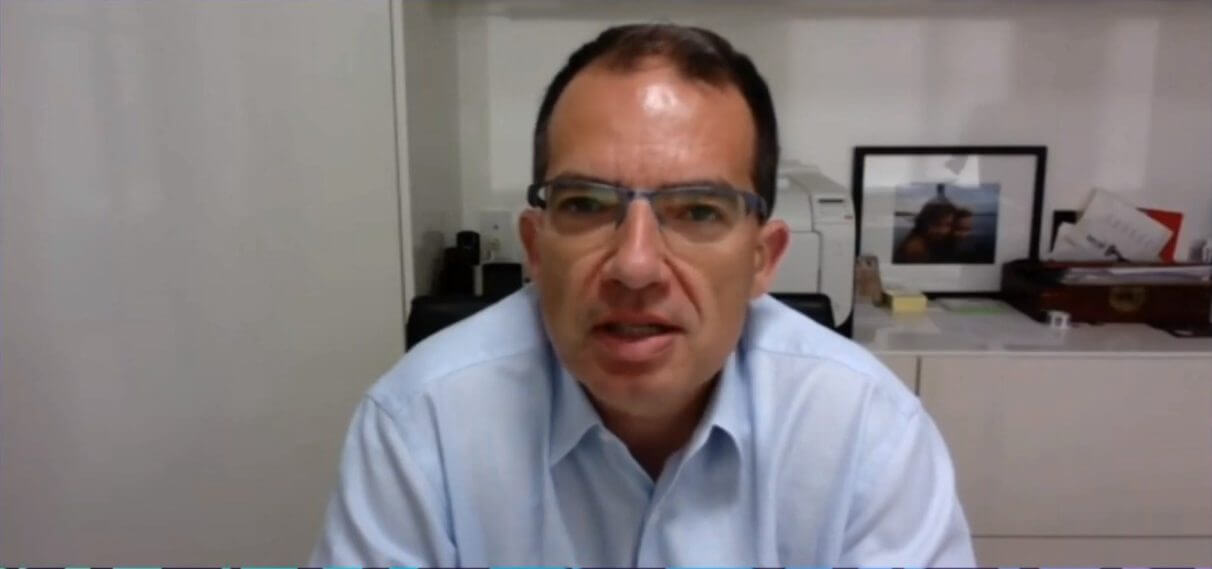 Stephane Bancel, CEO, Moderna Therapeutics
Stephane Bancel, CEO, Moderna Therapeutics
Large-scale manufacturing depends on GMP space infrastructure, equipment, raw materials, and trained personnel. He is optimistic about Moderna’s recent partnership with Lonza, which will bring the much-needed capacity to the manufacturing and ensure large-scale production. He further added that his ongoing collaborations with suppliers from various parts of the world would sustain the sheer volume of output that Moderna is committed to achieving. Moderna has finalized the protocol of a phase III trial with the USFDA to test its RNA-based COVID-19 vaccine candidate with the hope of releasing the first doses by October 2020.
Global Access
Weighing on the issues surrounding global access and distribution of COVID-19 vaccine(s), Seth Berkeley, CEO of GAVI, assured of having innovative tools in place that will ensure accessibility to everyone. Vaccination must happen globally, or it would result in the failure to contain COVID-19 if some parts are unvaccinated. He strongly emphasized the need for collaborations as a global community to prevent the spread.
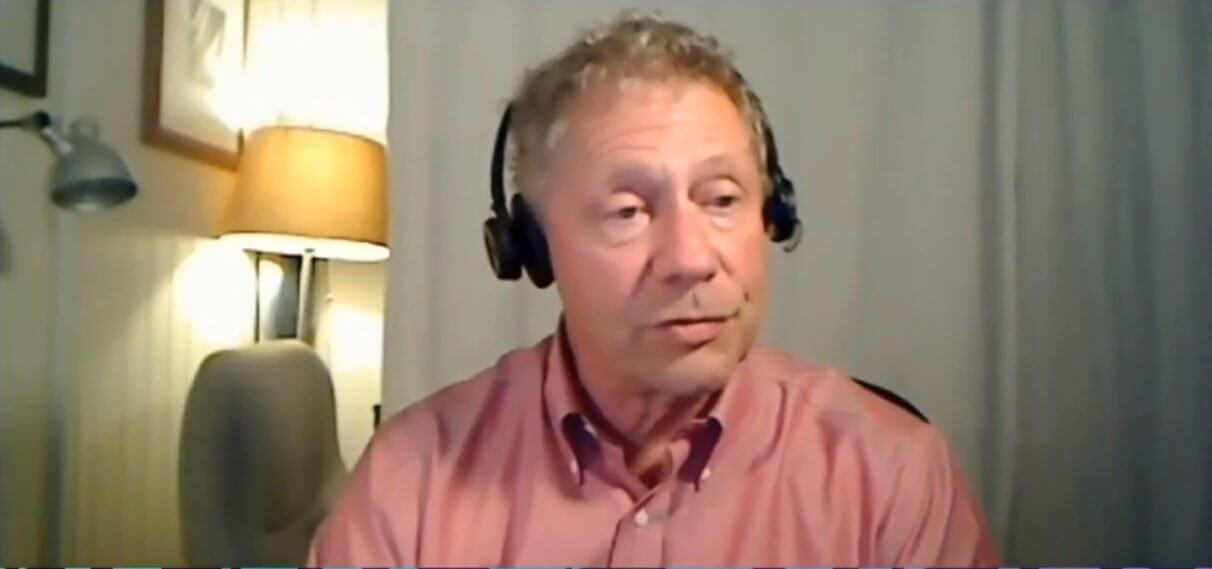 Seth Berkeley, CEO, GAVI, The Vaccine Alliance
Seth Berkeley, CEO, GAVI, The Vaccine Alliance
GAVI’s innovative financing mechanisms in moving vaccines forward include programs like advance purchase commitment that incentivizes big pharma companies to not only produce and scale up but also price them affordably for developing countries. Despite such efforts, he opined that it is still unlikely that in the next 18 months, there would be enough vaccines to meet demands.
He dreads the situation where few countries might be compelled to hoard resources and produce vaccines only for their domestic population. However, to address the issue of fair distribution, GAVI has come up with a new solution that ensures the right vaccine candidates are funded. In order to do so, it encourages developed countries to procure a portfolio of potential candidates, identify the winner, and focus on its manufacturing. GAVI has already signed a deal with AstraZeneca that guarantees 300 million doses of an investigational COVID-19 vaccine, ensuring broad and equitable access across the world.
Financial Risks
When it comes to scaling up a portfolio of candidates, production processes get strained further. Echoing this thought, Richard Hatchett, from CEPI, pointed out that bringing together a portfolio of a dozen or so candidates, demonstrating efficacy and safety, is going to be strenuous. There are numerous factors that can negatively hit vaccine development at any given level. For instance, the current global shortage of glass could impact the final stages of vaccine vialing, whereas the financial backing of mediocre candidates could mean substantial losses in the future. However, he assured that CEPI, which has been actively monitoring individual vaccine development efforts and manufacturing capacities worldwide, is in a better position to deal with such adverse outcomes.
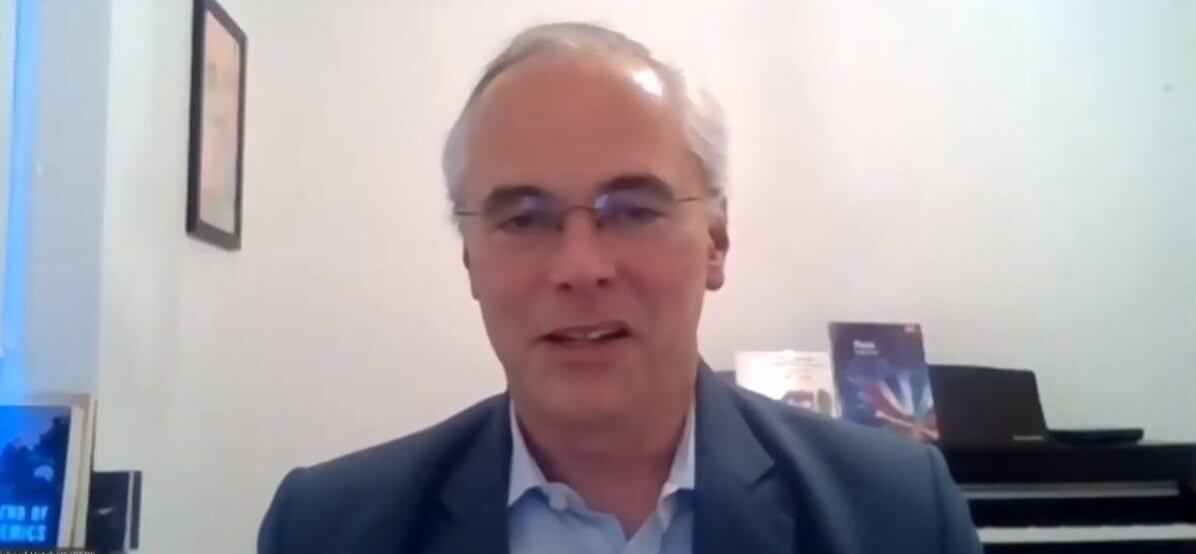 Richard J. Hatchett, CEO, CEPI (Coalition for Epidemic Preparedness Innovations)
Richard J. Hatchett, CEO, CEPI (Coalition for Epidemic Preparedness Innovations)
At the moment, it can secure a fair distribution of raw materials and financially support the early stage scaling up of several candidates. It can also facilitate the pairing of vaccine development partners with large-scale manufacturing capacities to ensure productive outcomes. Richard stated that CEPI knows the financial risks of such endeavors but believes if the world wants a new vaccine quickly, then public sector investments are necessary. He concluded, “if you measure what is going to be required (monetary investments) against the costs the pandemic is causing month to month, it is the best bargain that governments could make.” Therefore, ambitious financial investments boosting vaccine efforts more than offsets the deep economic losses that global shutdowns cause.
The Biological Aspect
As panelists discussed the economics and scalability of the billion-dose vaccine development endeavor, the issues of timeframe, vaccine characteristics, and biological aspects of mass production were also touched upon. In his opening remarks, John Markels emphasized that the uncontrolled spread of the pandemic necessitates the intensive, time-consuming process of vaccine manufacturing to be squeezed within months. Additionally, ambitious at-risk development efforts are being pushed through, and existing facilities are being repurposed.
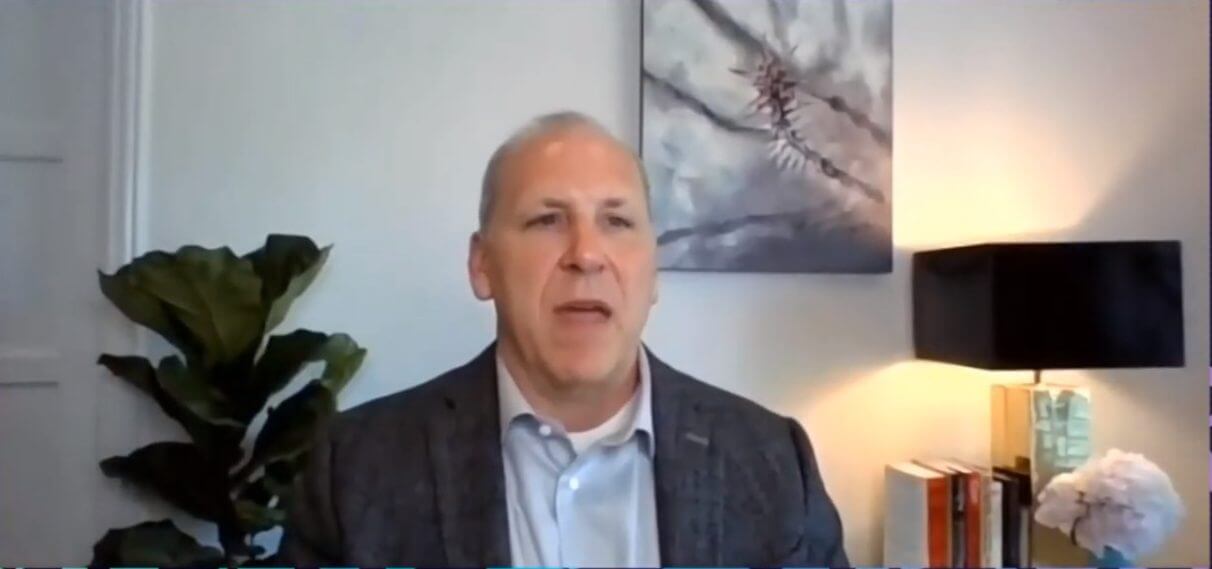 Dr. John Markels, President of Global Vaccines, Merck
Dr. John Markels, President of Global Vaccines, Merck
He expressed that scaling up to a billion doses within months is highly unlikely given the biological constraints of growing cells and viruses, the requirement of new analytical methods of validation, and the need for long-term clinical trial data. However, this is where programs like ACT Accelerator can chime in and invest in the portfolio approach by identifying the best candidates. Talking about the challenges, he concluded that “it’s not just about making the vaccine but about [knowing] the characteristics of the vaccines too to make sure that it is scalable and usable.”
Roll Out and Delivery
For the last topic of the session, Amanda steered the conversation towards the global delivery efforts. She invited Vivien Tsu to reflect on this final phase of distribution that involves communities and health workers and how the lessons from the previous vaccine campaigns are going to help in this setting. As a long time veteran working in the public health care sector, she recalled how with HPV campaigns, it took time to engage with the communities and allay people’s misgivings about the vaccine. Similar issues could come up now. Healthcare workers need to be educated on how these vaccines work, which will, in turn, enable them to instill a sense of trust within people. If healthcare workers are aware of the science, they could act as strong influencers in the community.
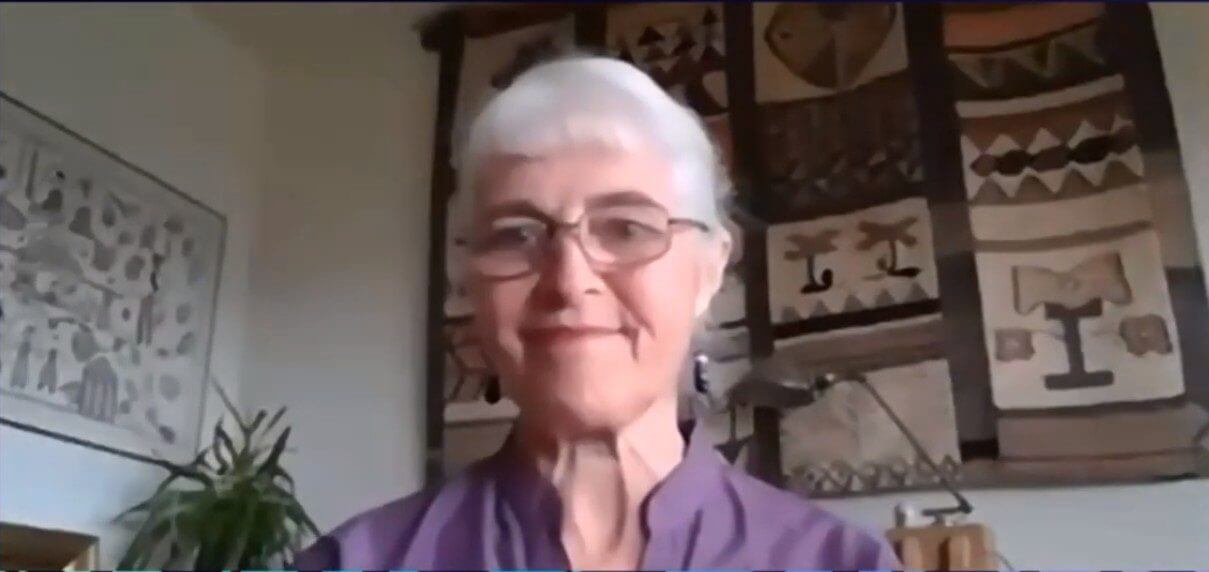 Vivien Tsu, Clinical Professor at Dept. of Global Health, University of Washington
Vivien Tsu, Clinical Professor at Dept. of Global Health, University of Washington
However, a major concern in any vaccination campaign is the circulating rumors within populations. She proposed that countries should monitor any misinformation on social media that could potentially damage their vaccination efforts. Another area that needs work would be the establishment of useful pharmacovigilance information. Safety is critical, and she is worried that we might not have as much data as we usually would for a new vaccine. Nevertheless, the emphasis needs to be on good follow-up systems to monitor the health and well-being of consumers so that immediate actions can be taken in case a problem arises.
Take-Home Messages
In her concluding remarks, Vivien addressed the need for better plans to keep essential services up and running during a pandemic, especially in low-income countries. She referred to the unfortunate deaths of five Ugandan pregnant women who could not reach the hospital due to the shutdown. Also, the routine immunizations of local populations have been halted. Therefore, she called for more reliable backup plans that can maintain essential services during a crisis.
John emphasized the importance of not only having healthy markets that can support scientific innovations but also manufacturing pipelines that need to be running at full capacity to be better prepared for any future disasters. Richard remained optimistic that people will realize the value of all the collective, coordinated action and learn from them. Echoing his points, Seth also expressed the need for better preparedness in the era of pandemics. Investments in resilient systems and strengthening healthcare during peace times are some of the factors that we need to work on.
Editor: Rajaneesh K. Gopinath, Ph.D.
References
https://www.bio.org/events/bio-digital/sessions/677772
©www.geneonline.com All rights reserved. Collaborate with us: service@geneonlineasia.com









